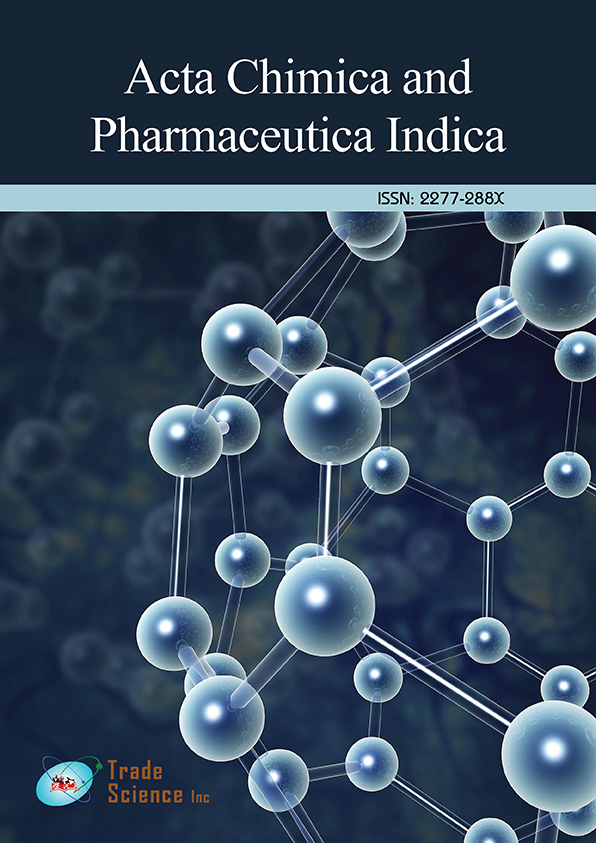Abstract
Mass spectrometry based investigation reveals plethora of antimicrobial peptides (AMPs) in cow urine with bactericidal effects against S. aureus & E.coli: A promising substitute to antibiotics
Author(s): Sudarshan KumarUrogenital tract (UGT) in animals is vulnerable to pathogenic attack owing to its constant exposure to the outer environment. Normally, such attacks are defended by a complex biochemical microenvirmnment in UGT which prevents colonization and proximal movement of bacteria. The endogenous peptides are principal agents innately associated with modualtion of UGT microenvironment. We investigated the antimicrobial activity in the petides specifically against S. aureus and E.coli. The urinary peptide extract showed significant inhibitory effect against pathogenic culture S. aureus, E.coli and S. agalactiae. Approximately, 5000 peptides were idnetifeid in the cow urine using high throughput mass spectrometry. The peptide sequences were examined in-silico using web-based platforms CAMPR3, APD and AntiBP2 for possessing antimicrobial activity. Interestingly, ~11% of peptides qualified as strong antimicrobials. One of the peptides clearing set threshold level was synthetically designed and evaluated for its efficacy. The MIC recorded for S. aureus and E.coli are 161.25 μM and 80.6 μM respectively. Using these MIC data kill kinetics experiment was designed to evaluate the effective killing by the peptide sequence. Post treatment, the peptide reduced viable colony count of E.coli by 3 log10 at 2X MIC concentration in 8 hours. While viable colony reduction in S. aureus at 2X MIC was only reduced by 1 log10
